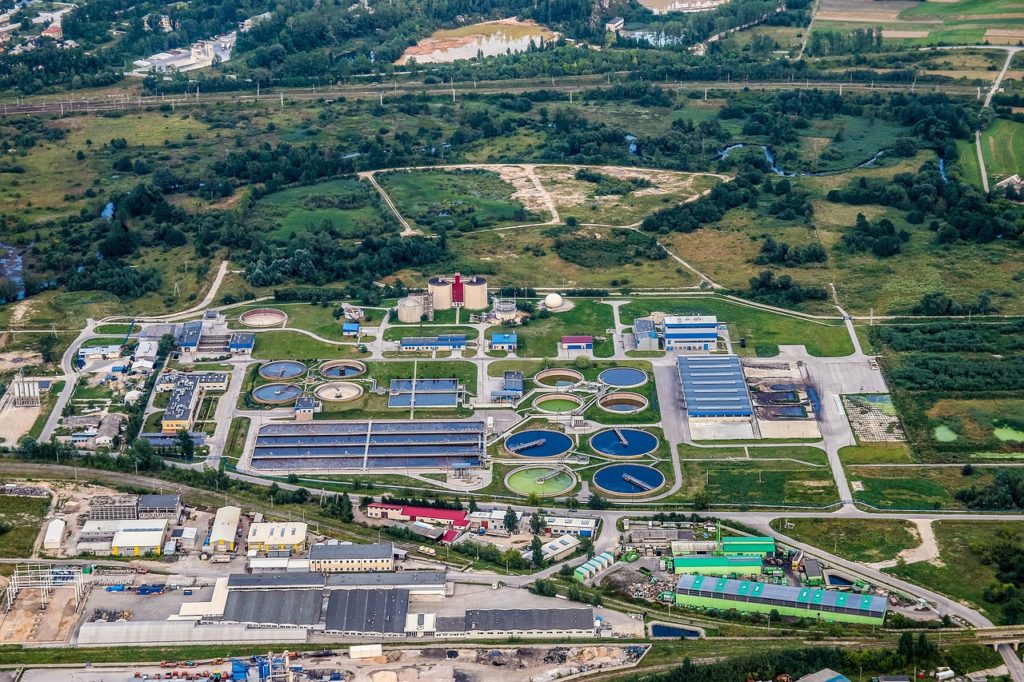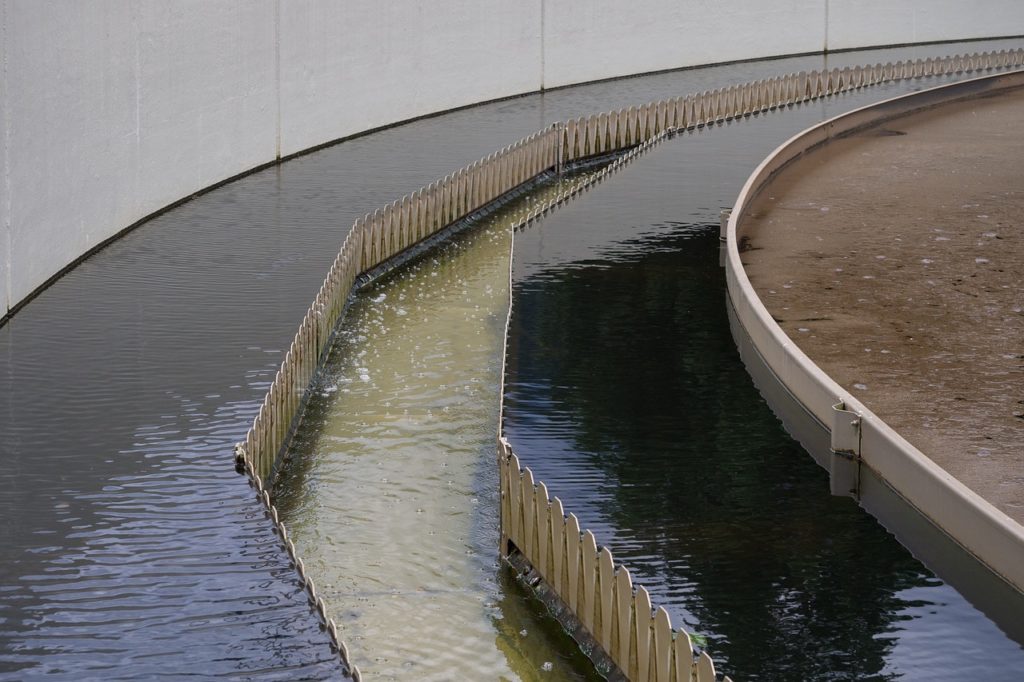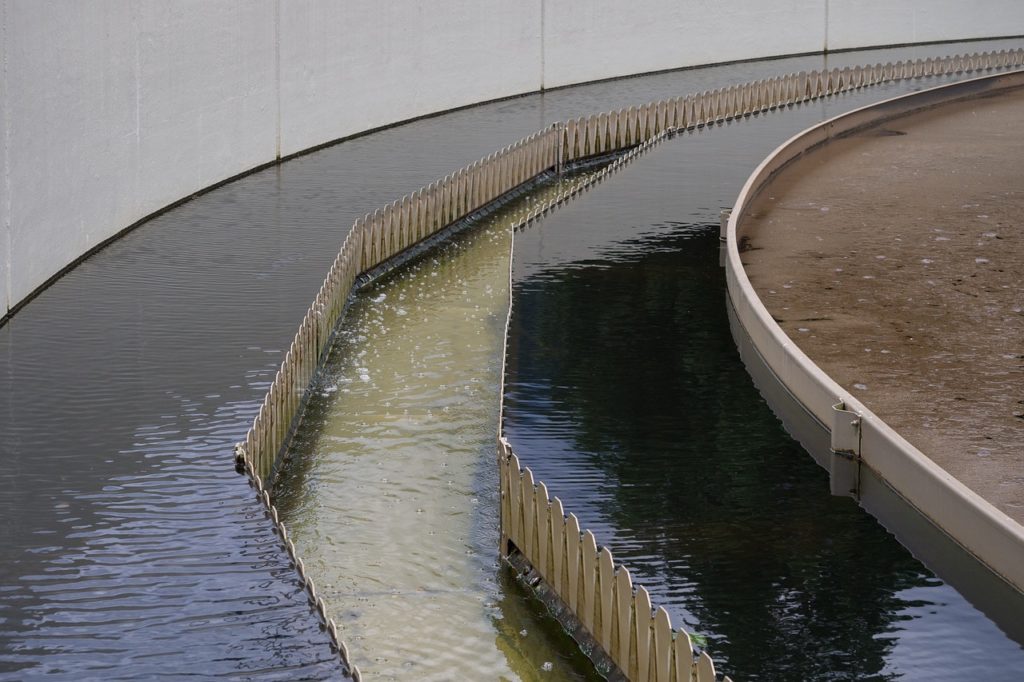In today’s digital age, media plays a vital role in shaping public opinion and disseminating information. However, one aspect that often goes unnoticed is its role in educating the public about important issues such as wastewater treatment. As an essential process for maintaining public health and preserving the environment, wastewater treatment deserves more attention and awareness. Through various forms of media, including television shows, documentaries, and online articles, educational content can be creatively and effectively delivered to the public, informing them about the significance of wastewater treatment and inspiring individuals to take action in their own communities.
The Role of Media in Educating the Public about Wastewater Treatment

Importance of Media in Environmental Education
Media plays a crucial role in educating the public about important environmental issues such as wastewater treatment. Through various media platforms, information can be disseminated to a wide audience, creating awareness and fostering a sense of responsibility towards the environment. The media has the power to reach millions of people and influence their attitudes and behaviors, making it an effective tool for environmental education.
Understanding Wastewater Treatment
Wastewater treatment is an essential process that helps protect public health and the environment. It involves the removal of contaminants from water, such as household sewage and industrial wastewater, before it is discharged back into the environment. Wastewater treatment plants use various physical, chemical, and biological processes to treat the wastewater and ensure that it is safe for the environment and human consumption.
Media Coverage of Wastewater Treatment
Media coverage of wastewater treatment plays a crucial role in creating awareness and understanding among the general public. By highlighting the importance of wastewater treatment and showcasing the processes involved, media outlets can educate the public about the significance of this vital service. Through news articles, documentaries, and feature stories, media platforms can shed light on the challenges faced by wastewater treatment facilities and the innovations in the field.
Types of Media Platforms for Public Education
There are various media platforms that can be used to educate the public about wastewater treatment. These platforms include television, radio, print media, and online media. Each platform has its own unique features and advantages in reaching different segments of the population.
1. Television
Television is one of the most effective media platforms for educating the public about wastewater treatment. This visual medium allows for the portrayal of complex processes and visuals that can help viewers understand the importance of wastewater treatment. Documentaries and news segments aired on television can capture the attention of a wide audience and convey important messages about the environment and public health.

2. Radio
Radio is another powerful medium to educate the public about wastewater treatment. Through interviews, talk shows, and public service announcements, radio can disseminate information about wastewater treatment in an engaging and accessible manner. Radio programs can also provide a platform for experts and community members to discuss the importance of wastewater treatment and answer questions from the audience.
3. Print Media
Print media, including newspapers and magazines, also play a significant role in educating the public about wastewater treatment. Articles and features in print media can provide in-depth information about the processes involved in wastewater treatment, as well as highlight success stories and challenges faced by the industry. Print media is particularly effective in reaching older demographics who prefer traditional forms of media.
4. Online Media
In today’s digital age, online media platforms have become increasingly important in educating the public about wastewater treatment. Websites, blogs, and online news outlets can provide up-to-date information and educational resources about wastewater treatment. Social media platforms also play a crucial role in raising awareness and engaging the public in discussions about the importance of wastewater treatment.
Effectiveness of Media in Educating the Public
Media has proven to be an effective tool in educating the public about wastewater treatment. Through compelling storytelling, visual representations, and expert opinions, media platforms can engage the public and create a lasting impact. By raising awareness and providing accurate information, media coverage can empower individuals to make informed decisions and take action to protect the environment.
Challenges in Media Education on Wastewater Treatment
While media has the power to educate the public about wastewater treatment, there are several challenges that need to be addressed.

1. Lack of Awareness and Interest
One of the challenges in media education on wastewater treatment is the lack of awareness and interest among the general public. Wastewater treatment is often seen as a complex and unexciting topic, resulting in limited public engagement with media content on the subject. Media outlets need to find creative ways to spark interest and make wastewater treatment relevant to the daily lives of individuals.
2. Misinformation and Sensationalism
Another challenge in media education on wastewater treatment is the presence of misinformation and sensationalism. Inaccurate or sensationalized media coverage can lead to misconceptions and distrust among the public. Journalists and media outlets should prioritize accurate reporting and fact-checking to ensure that the information presented is reliable and credible.
3. Limited Resources for Media Coverage
Media outlets often face limitations in terms of resources and funding for covering environmental issues such as wastewater treatment. Limited budgets and manpower can hinder comprehensive reporting on the subject. To overcome this challenge, it is essential for media organizations to prioritize environmental coverage and seek partnerships and funding to support in-depth reporting on wastewater treatment.
Promoting Media Collaborations in Environmental Education
To enhance media education on wastewater treatment, collaborations between media outlets, wastewater treatment facilities, environmental organizations, and local communities are crucial.
1. Partnership between Media Outlets and Wastewater Treatment Facilities
Collaborations between media outlets and wastewater treatment facilities can help bridge the knowledge gap and provide accurate information to the public. Media outlets can gain access to behind-the-scenes operations of wastewater treatment plants, allowing them to create compelling and educational content. In return, wastewater treatment facilities benefit from increased visibility and public support.
2. Collaboration with Environmental Organizations
Partnering with environmental organizations can provide media outlets with expert opinions and insights into wastewater treatment. Environmental organizations can help fact-check media content, provide educational resources, and act as a bridge between the media and the scientific community. Collaborations with these organizations can enhance the accuracy and credibility of media coverage on wastewater treatment.
3. Engaging Local Communities in Media Education
Engaging local communities is crucial in media education on wastewater treatment. Media outlets can organize community events, workshops, and public forums to educate individuals about the importance of wastewater treatment. By involving the local communities, media outlets can create a sense of ownership and responsibility towards wastewater treatment, leading to increased public support and engagement.
4. Government Support for Media Initiatives
Government support is vital for promoting media initiatives in educating the public about wastewater treatment. Governments can provide funding, incentives, and policy support to media outlets that prioritize environmental reporting. By recognizing the importance of media coverage on wastewater treatment, governments can encourage widespread dissemination of accurate information and raise public awareness.
Future of Media in Educating the Public about Wastewater Treatment
The future of media in educating the public about wastewater treatment looks promising. Advancements in technology and the rise of digital media platforms provide new opportunities for reaching a wider audience. Virtual reality and immersive storytelling techniques can be leveraged to create a more engaging and informative media experience. By embracing these advancements, media outlets can continue to play a pivotal role in educating the public about wastewater treatment.
Conclusion
Media plays a vital role in educating the public about wastewater treatment. Through various platforms such as television, radio, print media, and online media, information can be disseminated to a wide audience. Despite the challenges faced, media collaborations with wastewater treatment facilities, environmental organizations, and local communities can enhance public education and promote a better understanding of the importance of wastewater treatment. With continued government support and advancements in technology, the future of media in educating the public about wastewater treatment looks promising.



